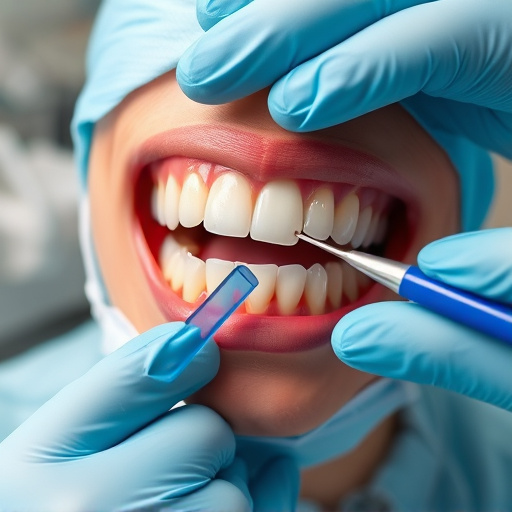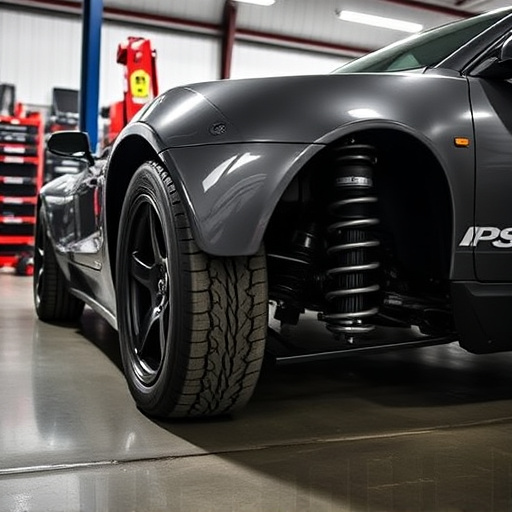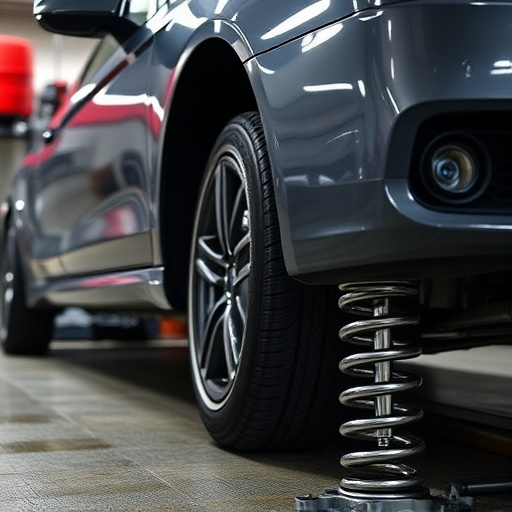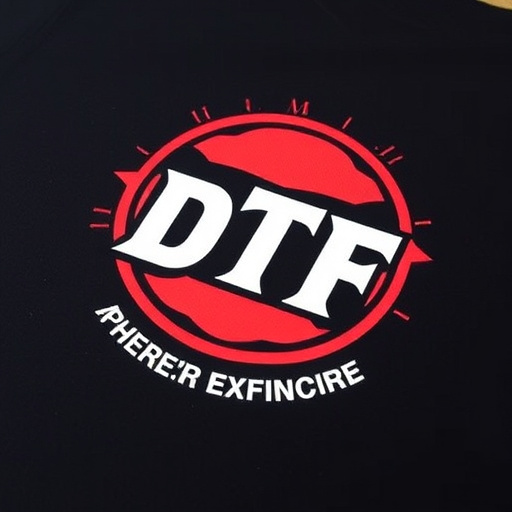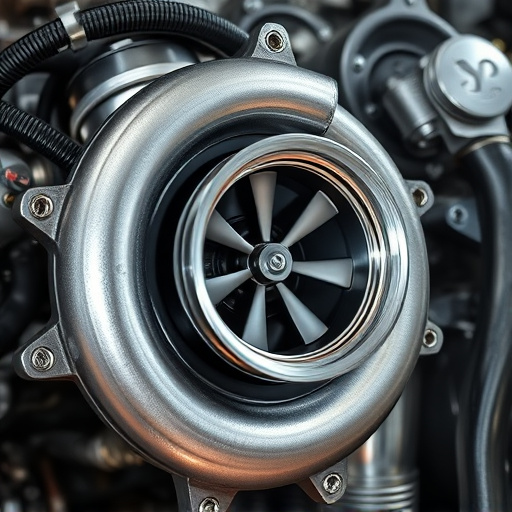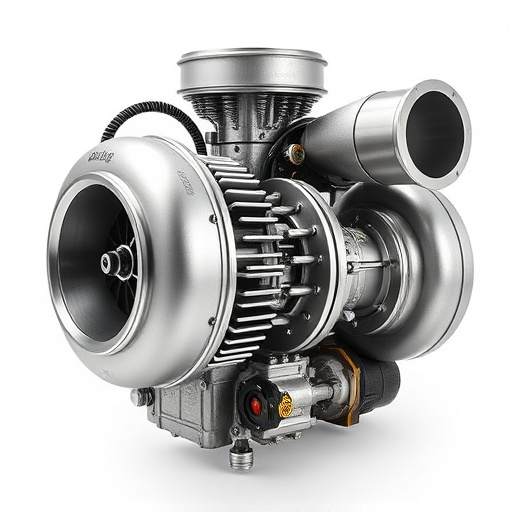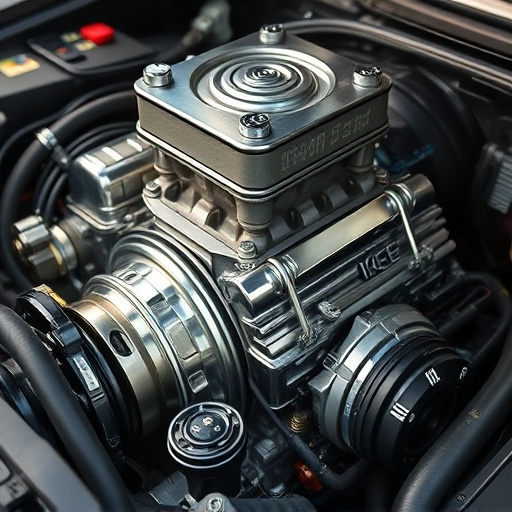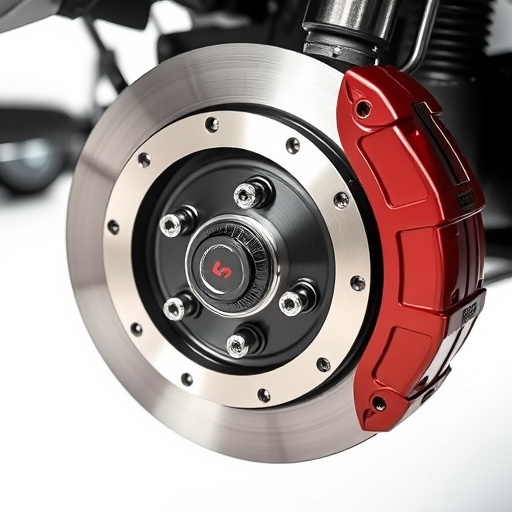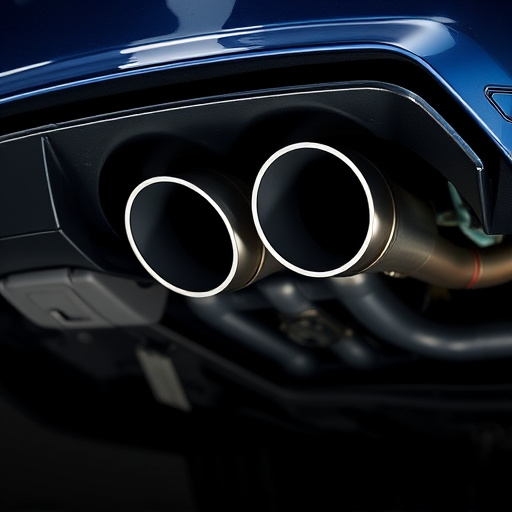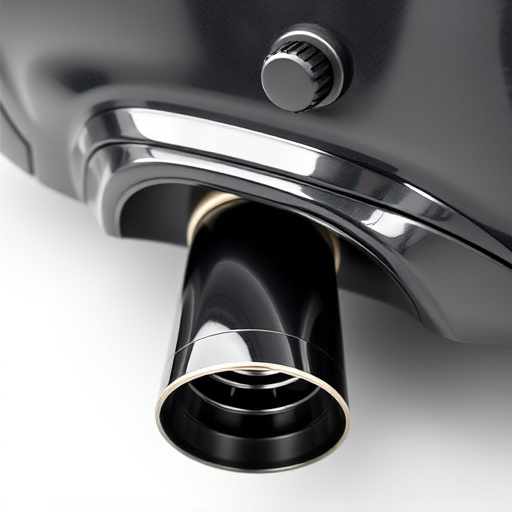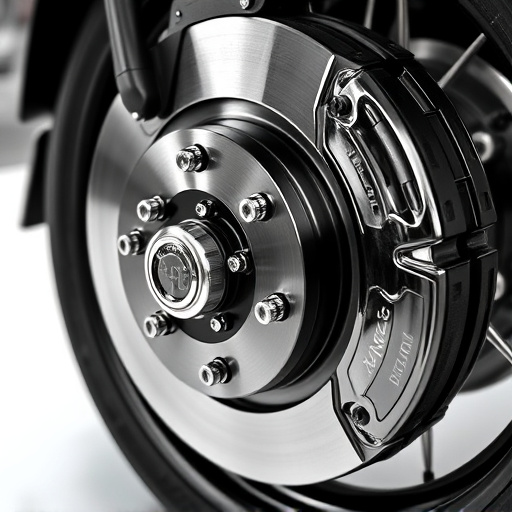Upgrading intercooler piping significantly enhances vehicle performance and efficiency. By improving airflow, these upgrades ensure optimal engine cooling, leading to better throttle response, increased horsepower, and a more responsive driving experience. Efficient intercooler piping reduces backpressure, benefiting high-performance engines and turbochargers. Additionally, effective cooling prolongs engine lifespan by preventing overheating, protecting components from damage, and minimizing the risk of catastrophic failures. Advanced materials and innovative designs in upgraded systems improve heat transfer rates, maintaining optimal temperatures crucial for high-performance vehicles, boosting power, torque, fuel efficiency, and reducing emissions.
Upgrading intercooler piping systems offers a multitude of benefits that significantly enhance vehicle performance and reliability. These advancements are driven by innovative materials and design, addressing key pain points like improved heat transfer rates, increased durability, and superior thermal management. By optimizing air-to-liquid heat exchange, upgraded intercooler piping directly boosts engine power and fuel efficiency, ensuring your vehicle performs at its peak under any condition. Discover how these upgrades can revolutionize your driving experience.
- Enhanced Efficiency and Performance
- – Improved heat transfer rates
- – Reduced temperature differentials between intake air and engine
Enhanced Efficiency and Performance

Upgrading intercooler piping systems can significantly boost vehicle performance and efficiency. The primary benefit lies in improving airflow, which is crucial for optimal engine cooling. Modern intercoolers are designed to reduce temperature drop across the core, ensuring that cooled air effectively reaches the engine. By enhancing airflow efficiency, these upgraded systems enable better throttle response and increased horsepower, making your vehicle feel more responsive and powerful.
Moreover, efficient intercooler piping contributes to reduced backpressure in the charge air system, allowing for improved engine breathing. This benefit is particularly noticeable when paired with high-performance engines or turbochargers. Efficient cooling also extends engine life by preventing overheating, which can damage critical components such as brake rotors and exhaust mufflers, and even lead to catastrophic failures. Even the exhaust tips, typically subject to high temperatures, can maintain their integrity with proper cooling management.
– Improved heat transfer rates

Upgrading intercooler piping systems offers significant advantages, particularly in enhancing the overall performance of an engine. One of the key benefits is the improvement in heat transfer rates. The new piping designs incorporate advanced materials and innovations that allow for more efficient cooling, ensuring optimal engine temperature levels. This is crucial for high-performance vehicles, where maintaining a balanced internal temperature is essential to prevent premature wear and tear on suspension components and coilover kits.
Additionally, these upgraded systems often integrate seamlessly with modern intake components, creating an overall synergistic effect. By optimizing heat transfer, the intercooler can help boost engine power and torque output, which is noticeable when driving on winding roads or during intense acceleration. This not only enhances the driving experience but also contributes to better fuel efficiency and reduced emissions.
– Reduced temperature differentials between intake air and engine

Upgrading intercooler piping systems offers a significant advantage by reducing temperature differentials between intake air and the engine. This is particularly crucial for high-performance vehicles where efficient air cooling is essential to maintain optimal engine temperatures. By ensuring that the intake air is cooler, these upgraded systems can enhance the overall performance of the vehicle’s air intake systems, allowing for better combustion and increased horsepower.
Moreover, precise temperature control contributes to prolonging the lifespan of brake components, such as brake rotors, which are sensitive to heat stress. This benefit stems from the improved cooling capabilities, reducing the risk of overheating and associated wear and tear on vital engine parts, including those integral to the braking system.
Upgrading intercooler piping systems offers significant advantages, particularly in improving the overall efficiency of your vehicle’s cooling system. By enhancing heat transfer rates and reducing temperature variations between intake air and the engine, these upgrades ensure optimal performance under all conditions. Investing in high-quality intercooler piping can lead to better fuel efficiency, increased power output, and a more responsive driving experience—making it a must-consider for enthusiasts seeking to maximise their vehicle’s potential.
